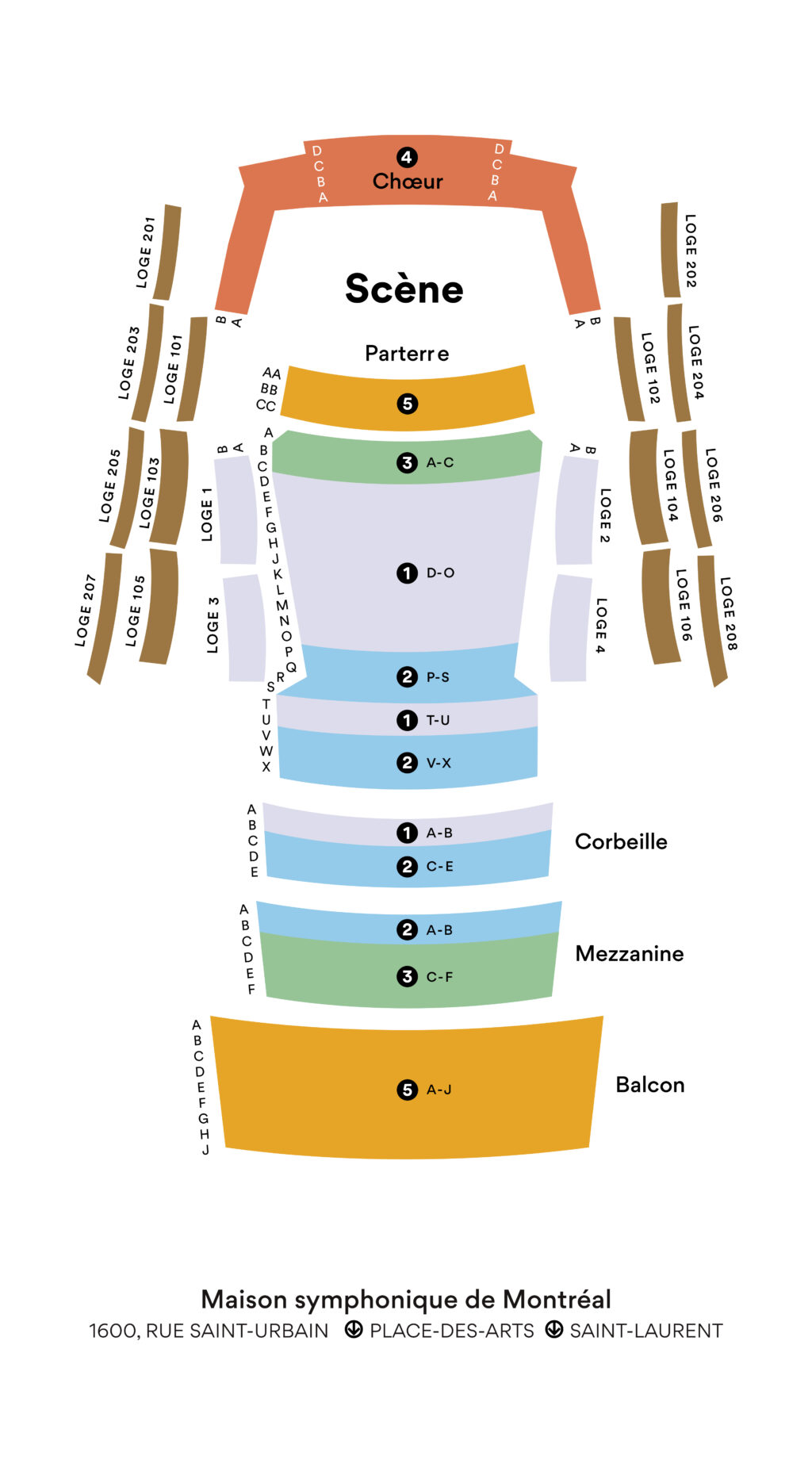Gloria
Francis Poulenc
1899 – 1963
Compared to Lili Boulanger, Francis Poulenc had quite a different relationship to religion. Born in Paris in 1899 to a father who was the director of a pharmaceutical company and a mother who came from a family of artisans, he associated his Catholic faith with his paternal roots and his artistic personality with his maternal ones. Thus, the secular and the religious coexist in his work, to the point where the musicologist Claude Rostand, summing up this duality, quipped: “In Poulenc, there is something of the monk and something of the rascal.”
In the 1930s, Poulenc wrote his Mass in G major for mixed choir a cappella. In response to a commission, he would subsequently isolate the Gloria from the rest of the Mass numbers, as other composers such as Claudio Monteverdi, Marc-Antoine Charpentier and Felix Mendelssohn had done before him. Thus, was born his Gloria, premiered in Boston in 1961.
A type of choral symphony in six movements for soprano, chorus and orchestra, Poulenc’s Gloria caused a scandal when it was first performed in France. The movements follow the text’s division into six paragraphs of varying length, which together form the original Gloria text from the Ordinary of the Mass. From one movement to the next, the music leaps playfully between lightness and gravity: wind instruments whistle trills and dotted melodies as a backdrop to the sung text, the harmonies can be willfully odd or ambiguous, the work’s final “Amen” is hushed, the second movement recalls the rhythm of popular dances, and so on. In Poulenc own words, “The second part caused a scandal. I wonder why: when I wrote it, I simply thought of those frescoes by Gozzoli where angels stick out their tongues, and also of those serious Benedictines I once watched playing football.” This sheds light on the almost childlike character of a work usually cast as devotional and serious.
